Summer means swimming, boating, and just plain splashing around. Keep yourself and your family safe at the beach, the pool, and at home with these tips.
Keep An Eye On Your Kids
Teach your kids to ask permission to approach or go in the water. Kids too young to ask should be kept within arms’ reach whenever they’re near the water. We don’t just mean at the beach or the community pool; just a few inches of water can be a hazard for children, which means that kiddie pools, fountains, garden ponds, and bathtubs are all danger zones. And if you can’t find your child, look in the water first—finding them a minute sooner could save their life.
Don’t Drink And Boat
Even passengers on a boat should rein in their alcohol intake. Drinking affects your judgment and inhibitions, which is dangerous enough at sea, but it also impairs your motor skills, making you both more likely to fall overboard and less able to swim.
Skip The Floaties
Inflatable rafts, toys, and swimming aids like swimmies (also called water wings) are not reliable floatation devices. Small children and other non-swimmers should have life vests that fit, and pools and boats should always be equipped with life preservers and other rescue equipment.
Consider Your Shoreline
Swimming in the ocean is not for the faint of heart. Waves and currents are powerful, and it’s important to know what you may be pushed up against. In many places, that’s just sand. In others, it could be piers, jetties, or sharp rocks. Only swim where there’s a lifeguard on duty.
Throw, Don’t Go
If you see a swimmer in distress, don’t go in after them. Notify a lifeguard, throw the swimmer a life preserver, or extend a pole for them to grab.
Fence In Your Fun
Backyard pools should be surrounded by fences at least 4 feet tall. The fence’s gate should be self-latching and open from inside, so little fingers and little legs can’t get in. Even if you don’t have kids, your neighbors might.
It’s Never Too Late For Lessons
Swimming lessons are important (and fun) for people of all ages. Just keep in mind that nobody learns to swim after a single lesson, and that knowing how to swim is not a guarantee against drowning. Kids that have taken lessons should still be supervised.
Know Your Currents
Rip currents are incredibly dangerous and can appear in any open water. If you find yourself caught in a rip current, don’t swim against it. Swim parallel to shore until you’re out of it. If you can’t swim out of it, float or tread water until you’re free. If you can’t do that, yell and wave your arms until somebody on shore can get help.
Get In-VEST-ed
Going boating? Put on a life vest—end of story. If you have children on board, ensure you have a life vest that fits each kid. That may require you to purchase new vests each summer (little ones grow fast!), but keep in mind that a vest that fits properly could be a, well, life-saver.
Got a boat or personal watercraft? Make sure it’s covered with the right insurance before you head out on the water this summer. Get a fast, free boat insurance quote from GEICO today.
Next article: Top Boat Safety Tips For Fall

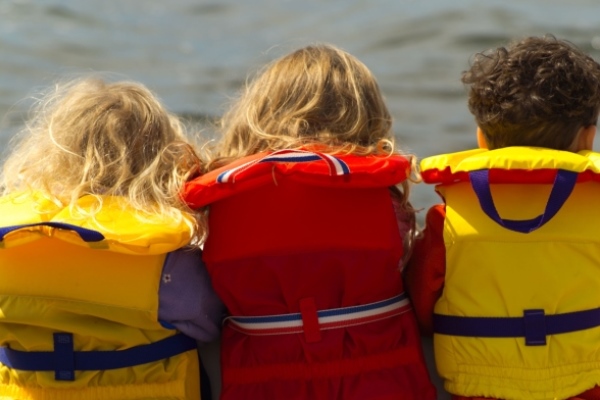

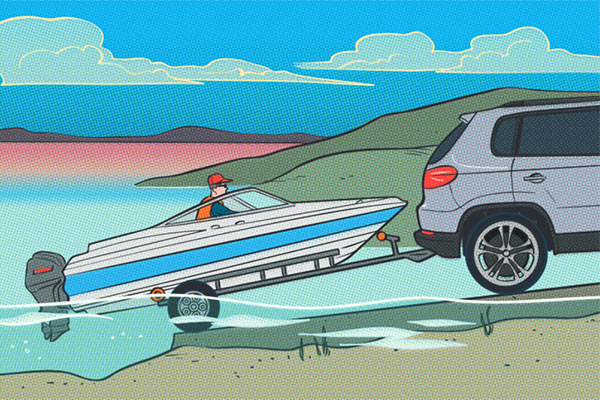
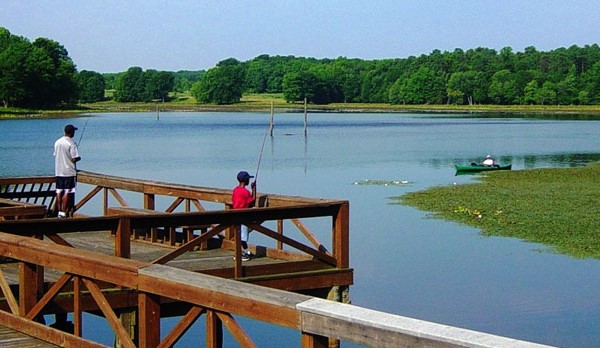
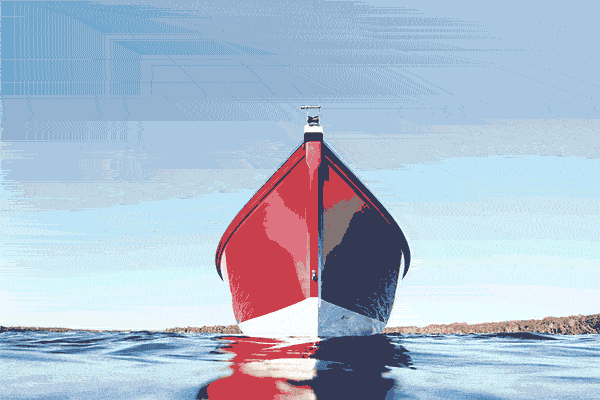
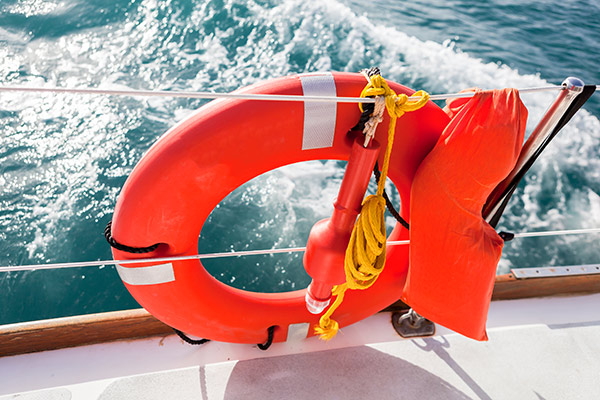
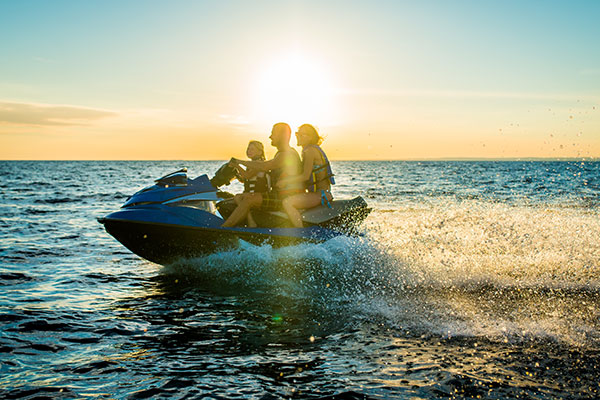
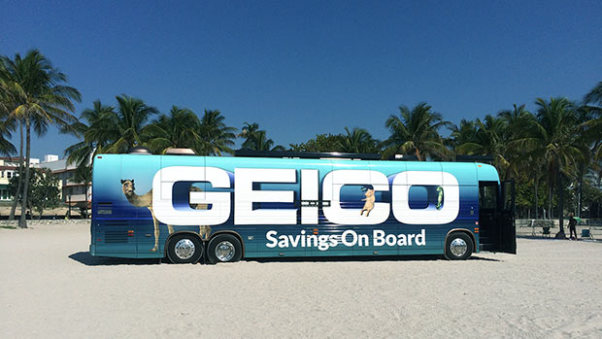
Leave a comment